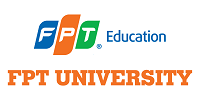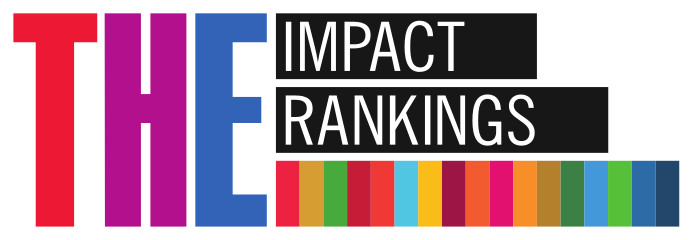Training Objectives
General objective: Training Bachelor of Information Technology, Digital Art & Design specialty with personality and capacity to meet the needs of society, mastering professional knowledge and practice, being able to organize, implement and promote the creativity in jobs related to the trained specialty, being able to work in the international environment, and laying the foundation to pursue further study and research in Digital Art & Design.
Specific objectives:
PO1: Develop physically, mentally, intellectually, morally and deepen national pride by equipping students with general knowledge of politics, law, economy, society, physical education, music and national defense education.
PO2: Provide students with fundamental knowledge of the IT industry as well as methodologies and in-depth technologies of the Digital Art & Design major.
PO3: Help students use modern digital-oriented tools, equipment and softwares proficiently. Train students to flexibly apply knowledge and skills in the visual arts and come up with effective and appropriate visual communication solutions.
PO4: Shape the right attitudes and work ethics, abilities to think creatively, work well in groups and independently and abilities to solve problems related to digital art and design effectively, and be capable of lifelong learning for personal and professional development.
PO5: Help students use English fluently and a second language at a basic level.
Job positions after graduation:
Graduates of the Digital Art & Design major can take charge of the following position:
– Designer of the company, the design dew, advertising agencies, marketing, television, games (games).
– Expert 2D, 3D, visual effects, sound effects.
– User experience design experts.
– Design team leader.
– Creative director.
– Researchers / Lecturers / Postgraduates: can carry out research activities in centers that conduct research in the field of digital art and design.
Program Learning Outcomes
| PLO Name | PLO Description | |
| 1 | PLO1 | Demonstrate basic knowledge of social sciences, politics and law, national security and defense, contributing to the formation of worldview and scientific methodology. |
| 2 | PLO2 | Demonstrate the mindset and ability to implement start-up projects, creative spirits, critical thinking and problem-solving skills. |
| 3 | PLO3 | Communicating and working in groups effectively in academic and practical environments. |
| 4 | PLO4 | Use English proficiently in communication and learning (equivalent to level 4 according to the 6-level Foreign Language Proficiency Framework for Vietnam, IELTS 6.0 or TOEFL (paper) 575-600 or TOEFL (iBT) 90 -100); and be able to communicate simply in Japanese. |
| 5 | PLO5 | Demonstrate professional behaviors, morality, social responsibilities and a sense of dedication to community. |
| 6 | PLO6 | Be mentally and physically strong, be capable of expressing national identity and integrating confidently into the world. |
| 7 | PLO7 | Develop self-study and lifelong learning spirit and capabilities to adapt to the constant change of technology and society. |
| 8 | PLO8 | Be able to use popular IT tools in the field of digital art design. |
| 9 | PLO9 | Be able to design and realize creative art ideas on appropriate IT platforms. |
| 10 | PLO10 | Master the basic knowledge of culture, arts and art & design. |
| 11 | PLO11 | Create and develop visual ideas to meet user needs. |
| 12 | PLO12 | Demonstrate professionalism in performing art design activities, show respect for customers, colleagues, and intellectual property. |
| 13 | PLO13 | Be able to organize and implement Digital art & design projects effectively. |
Volume of learning of the course
146 credits, excluding Preparation English, Military Training, compulsory and elective training activities.
Enrollment object
✔ In accordance with regulations on formal university enrollment; college enrollment of the Ministry of Education and Training.
✔ In accordance with regulations on enrollment of FPT university.
Training process, graduating conditions
✔ In accordance with regulations on formal university and college training of the Ministry of Education and Training.
✔ In accordance with regulations on training of FPT University.
Evaluation method
✔ In accordance with regulations on examination and assessment in the training regulations of FPT University.



